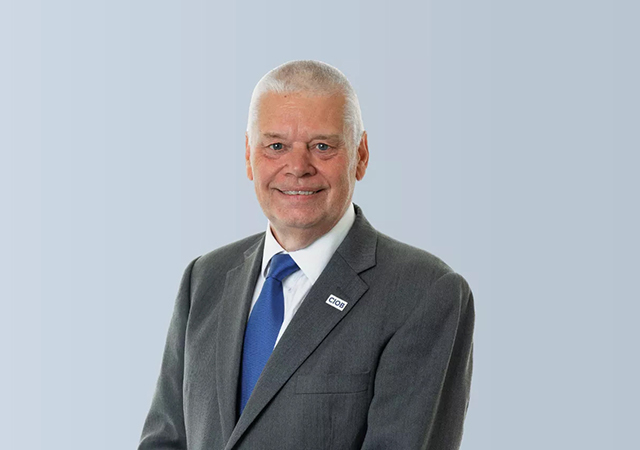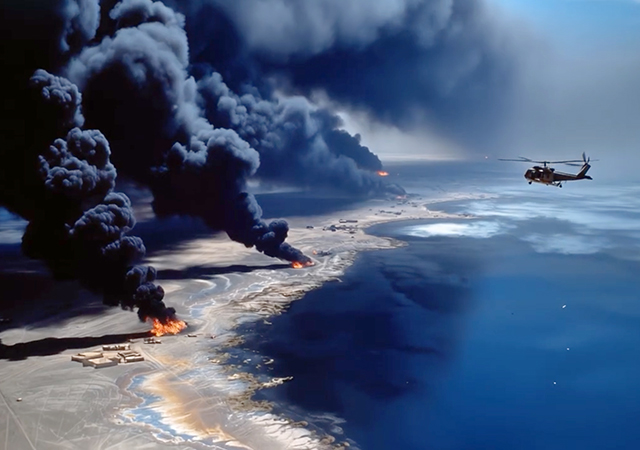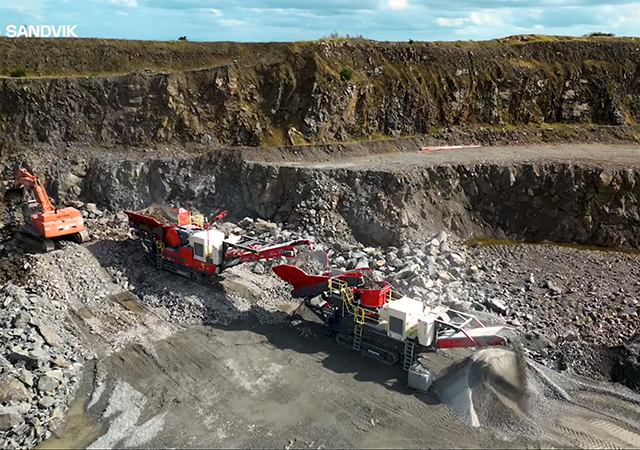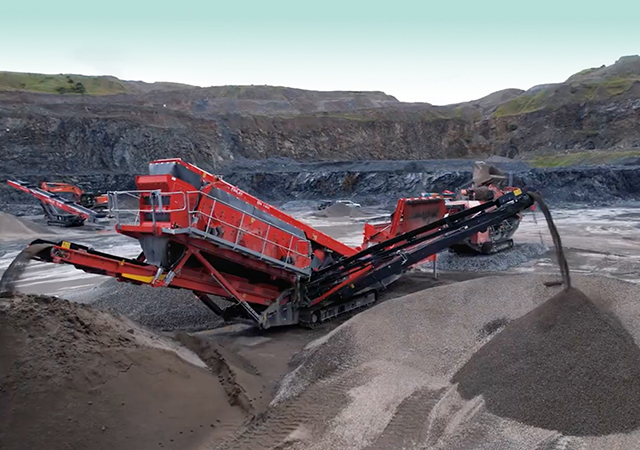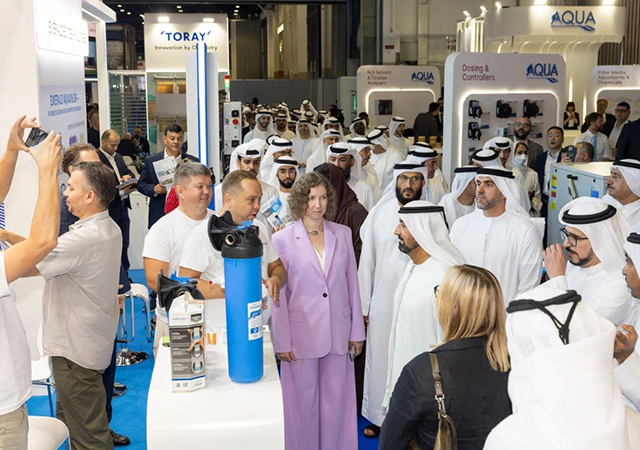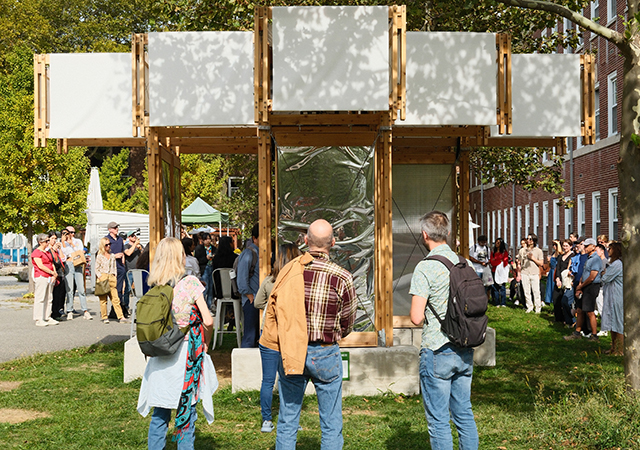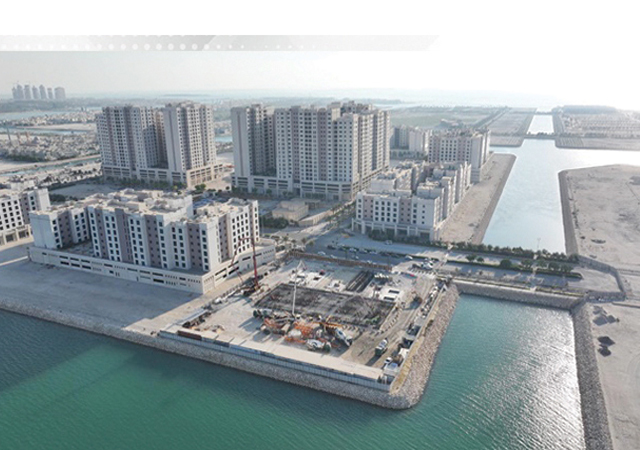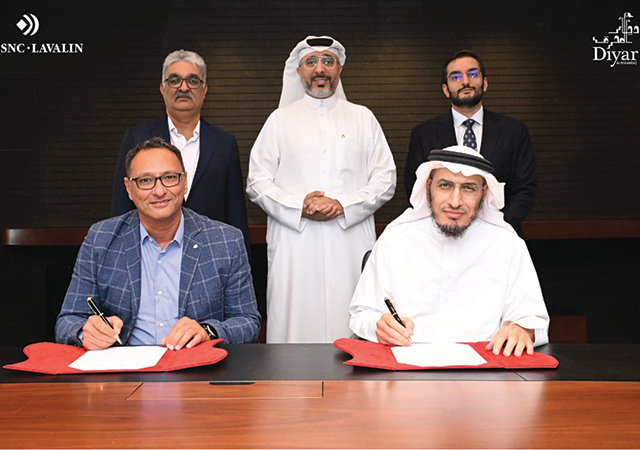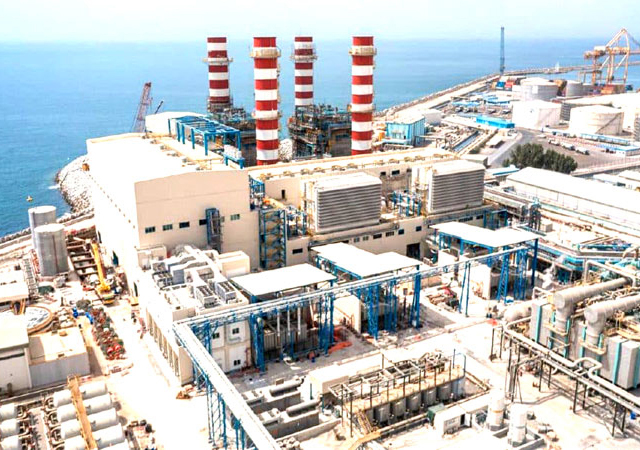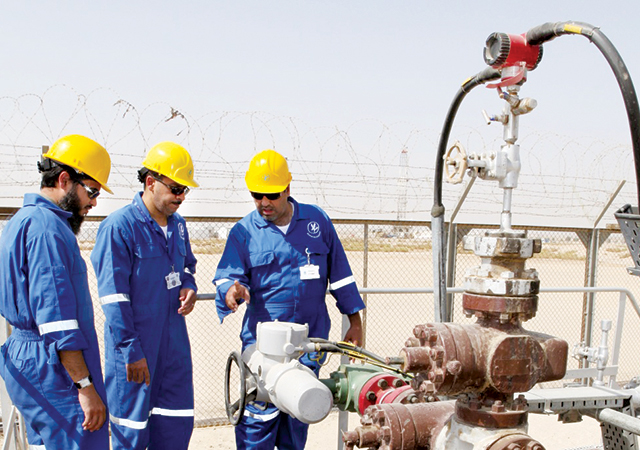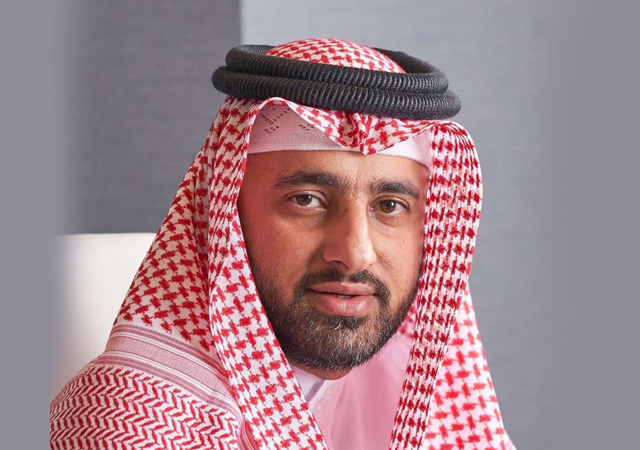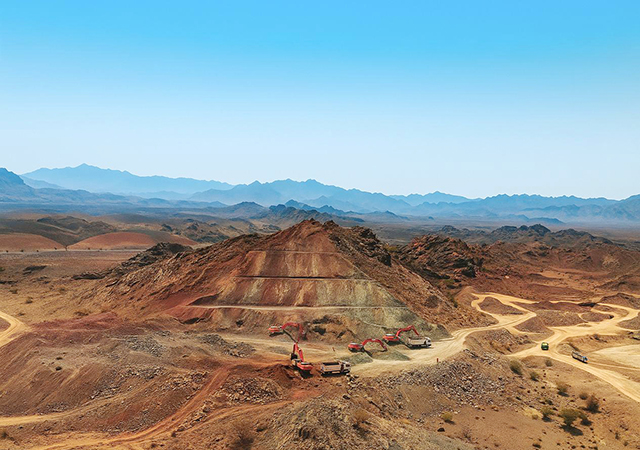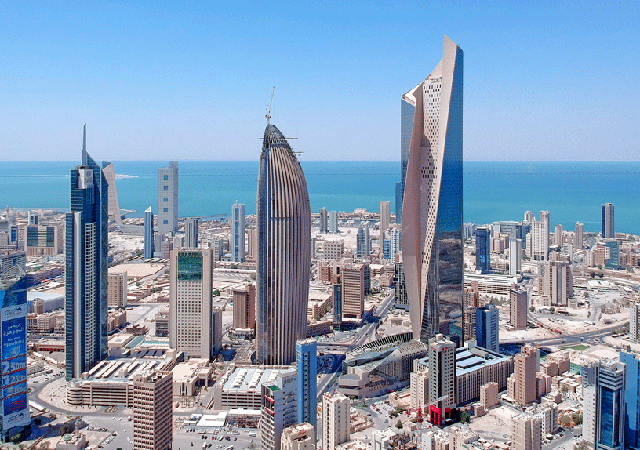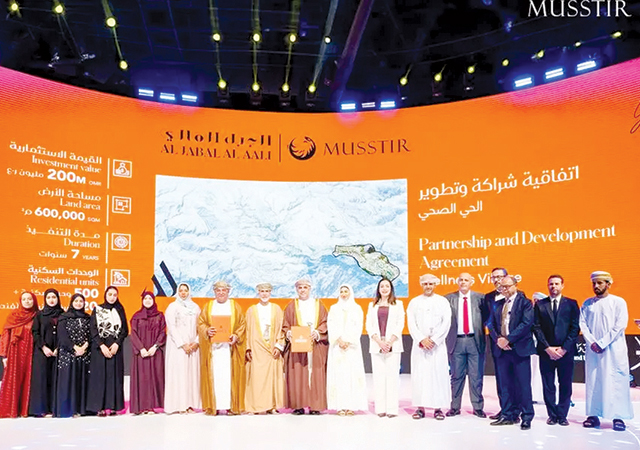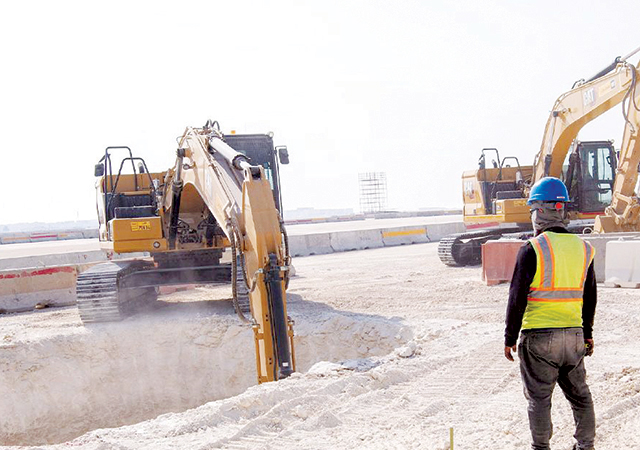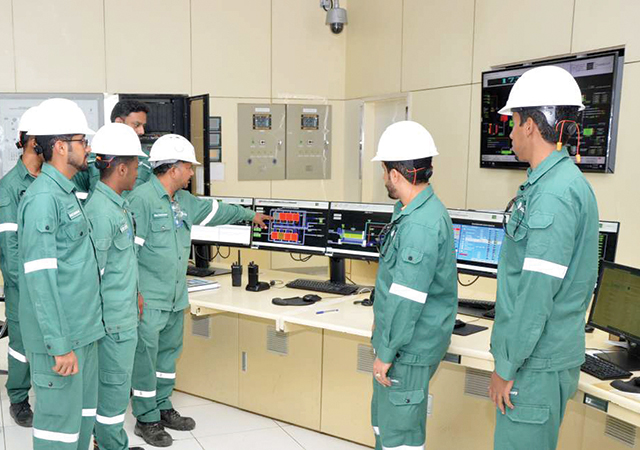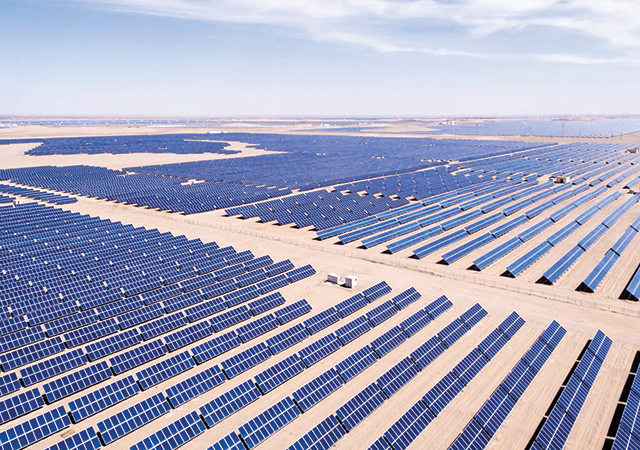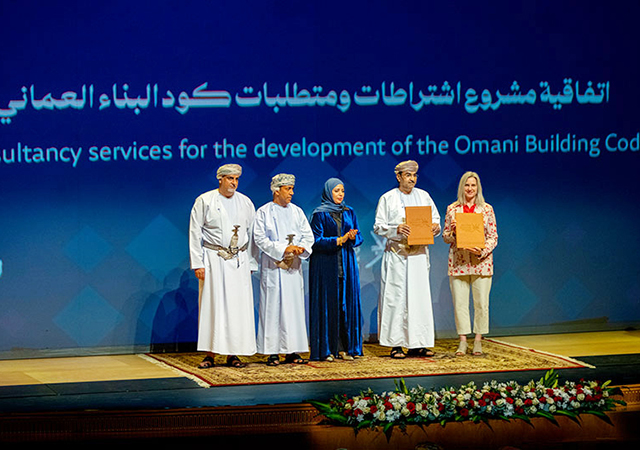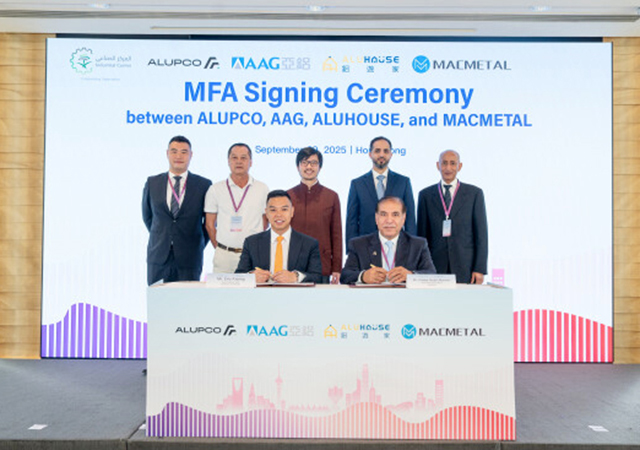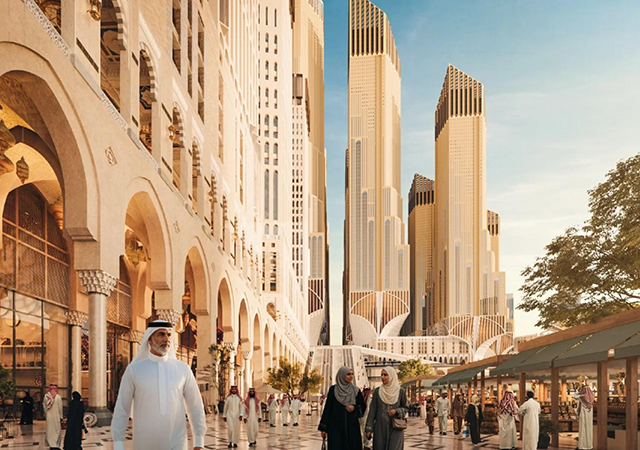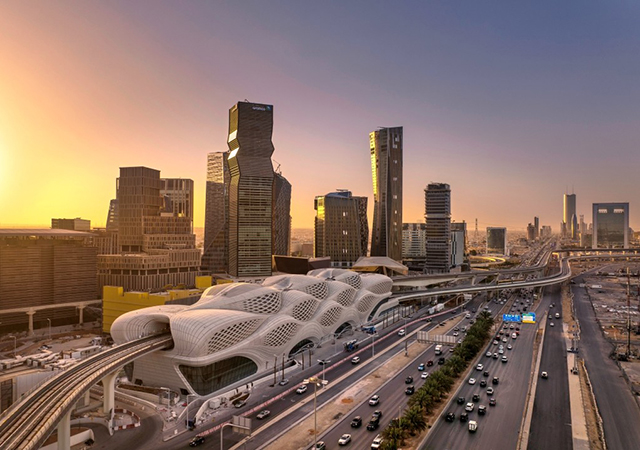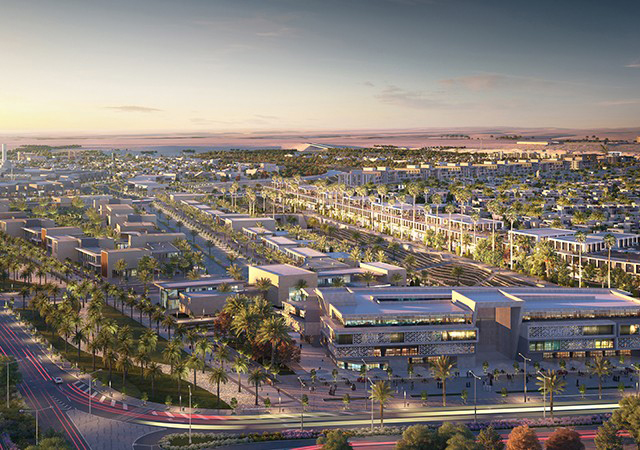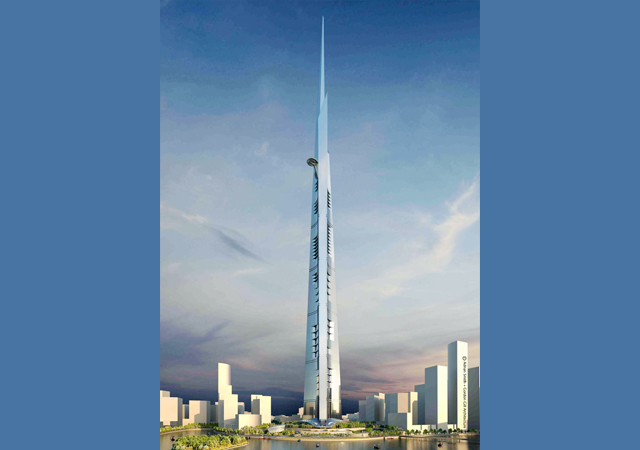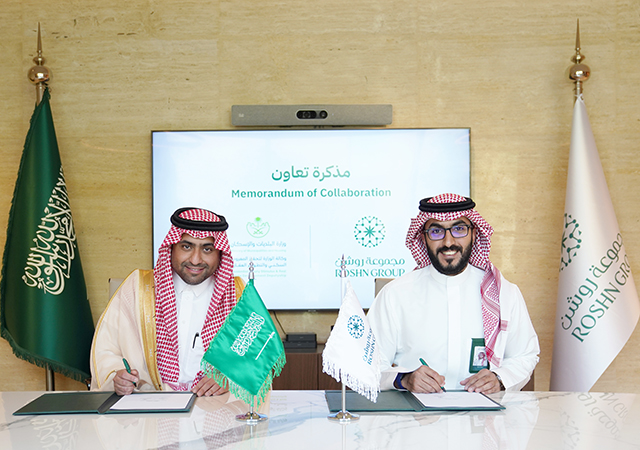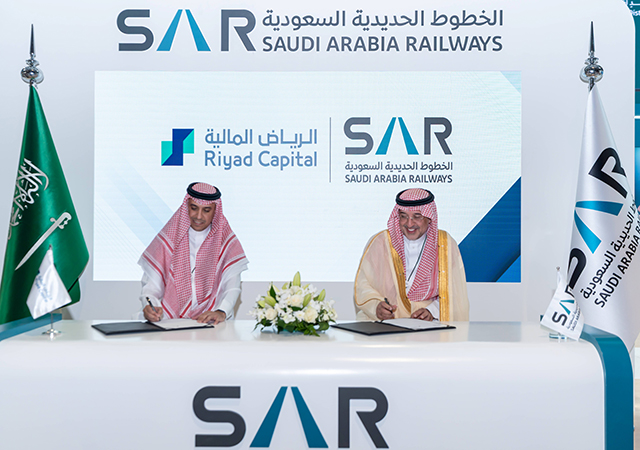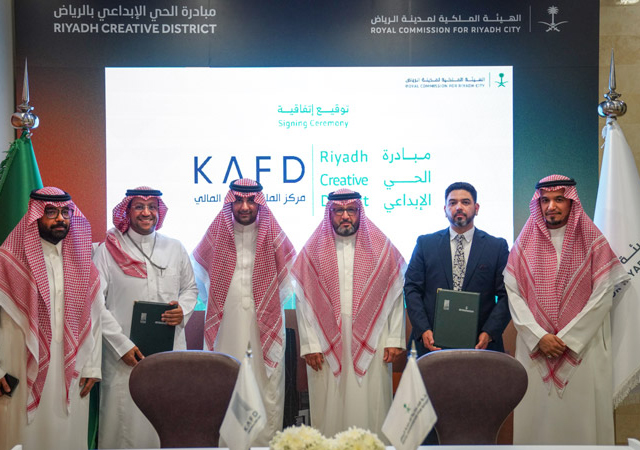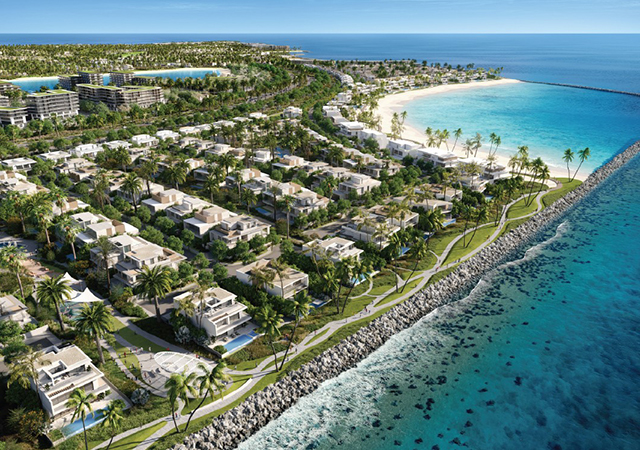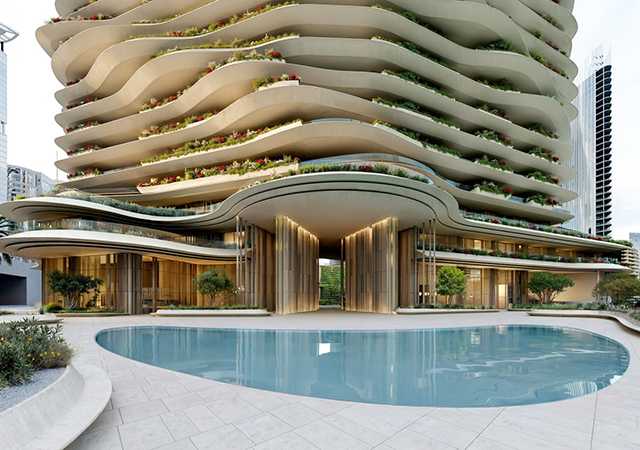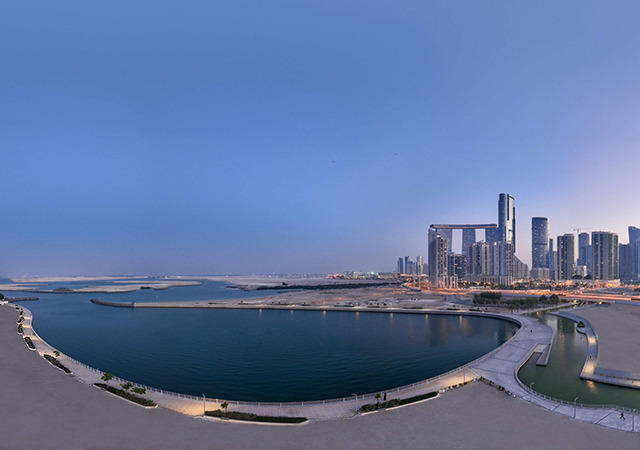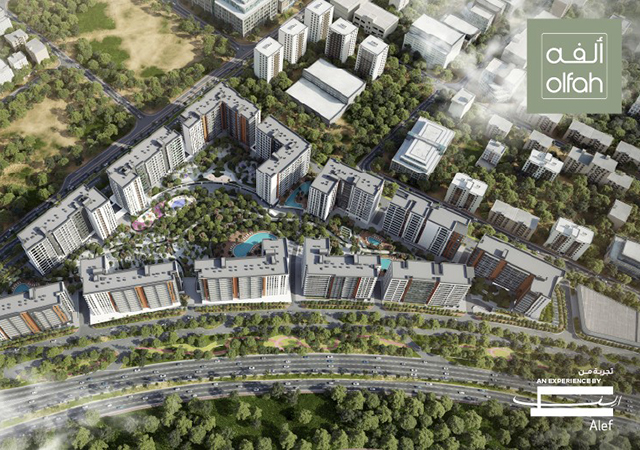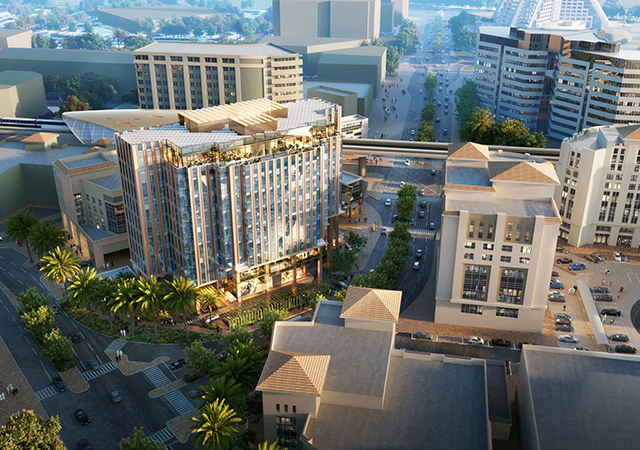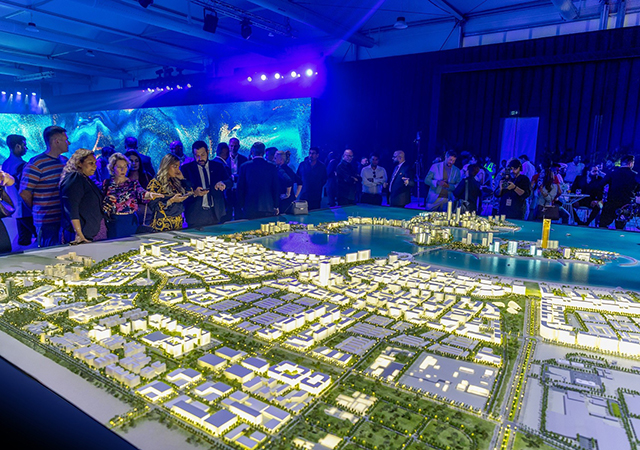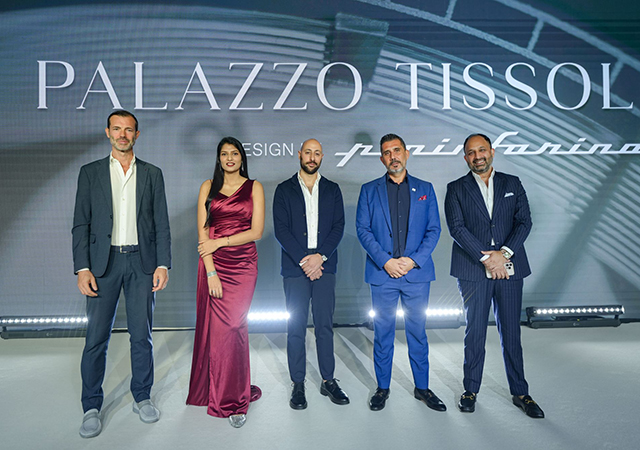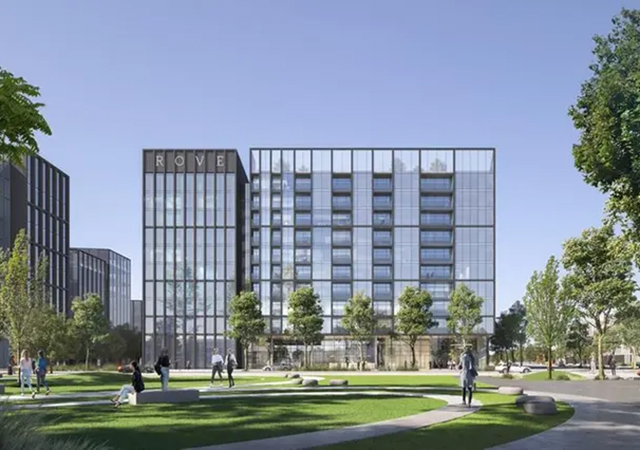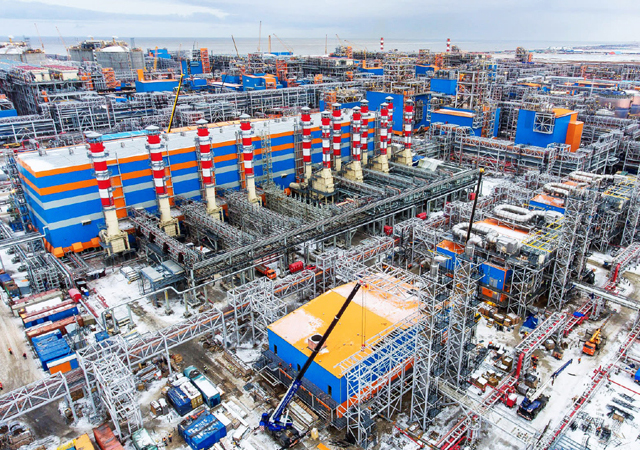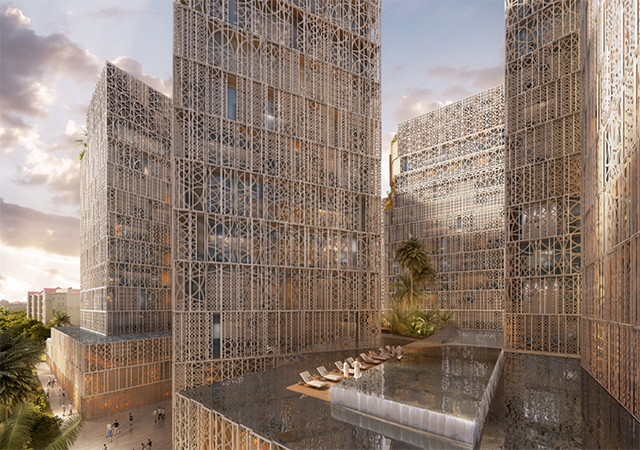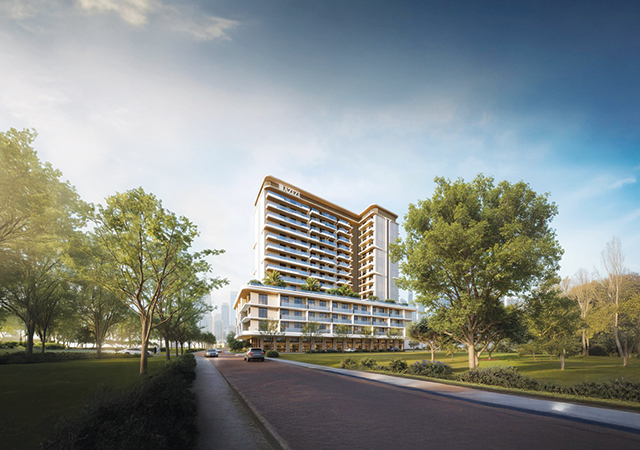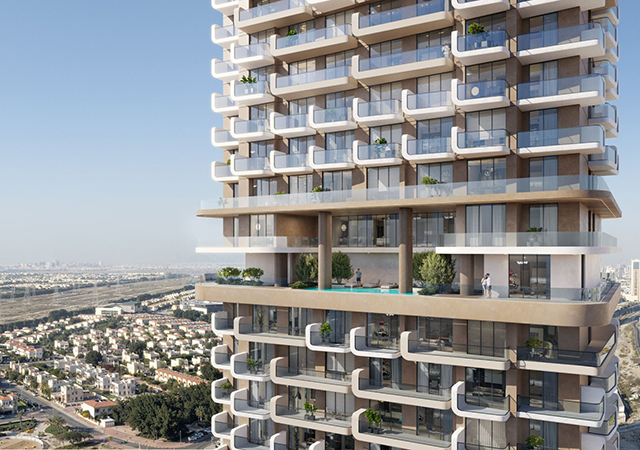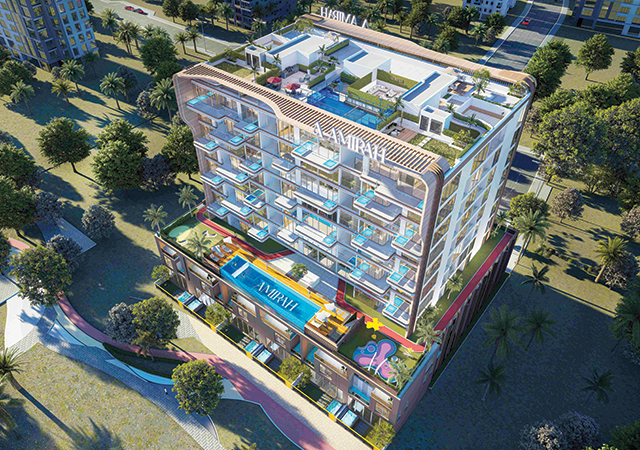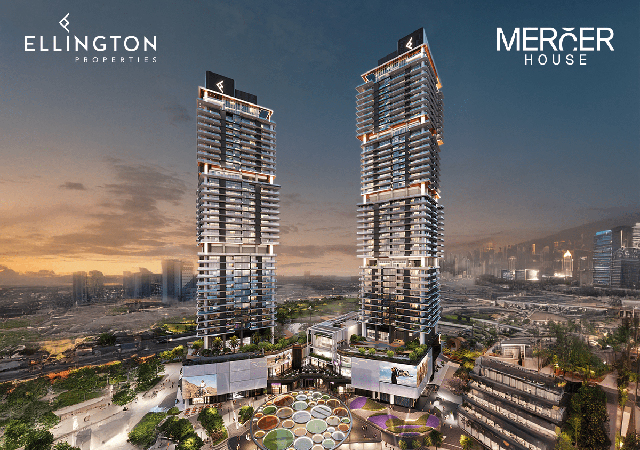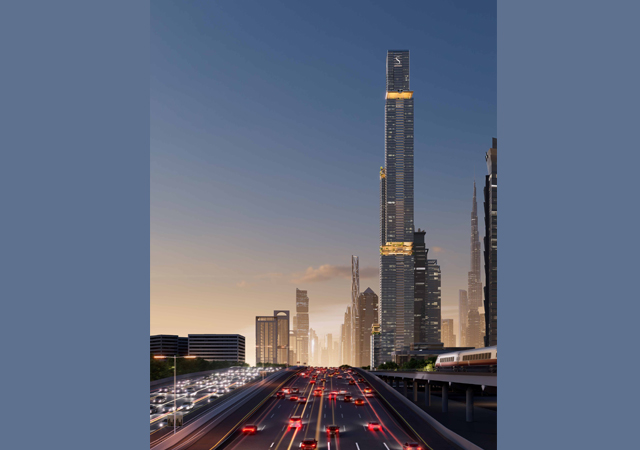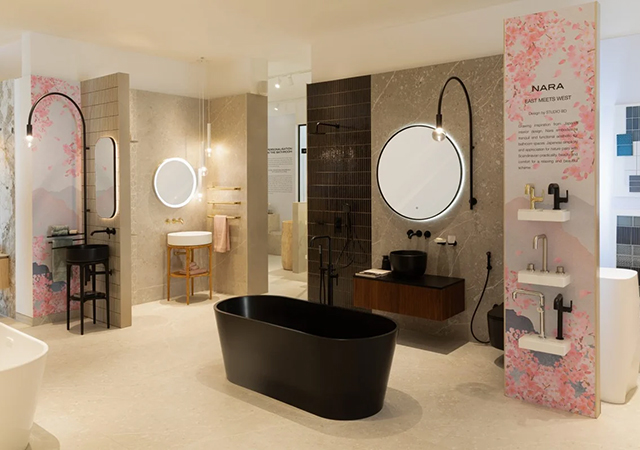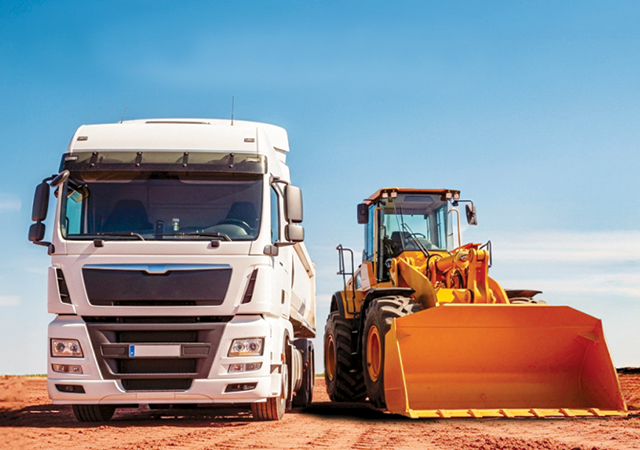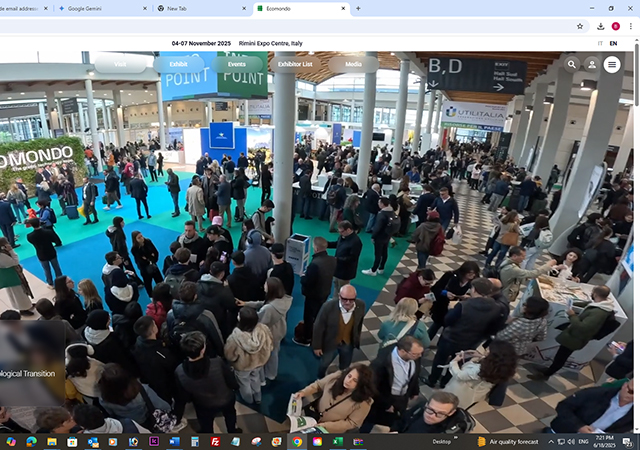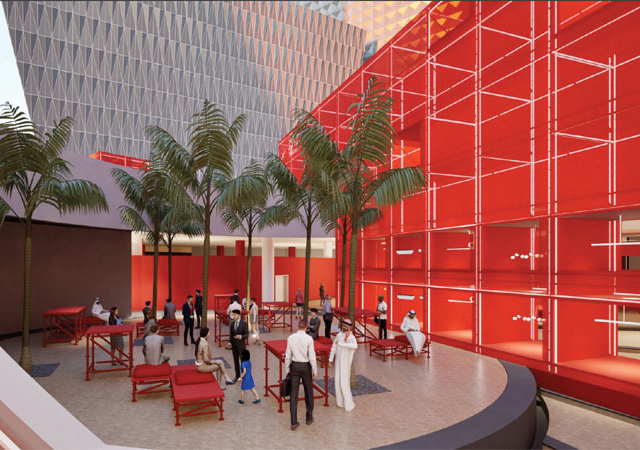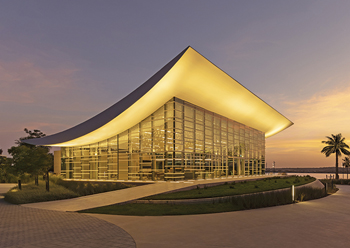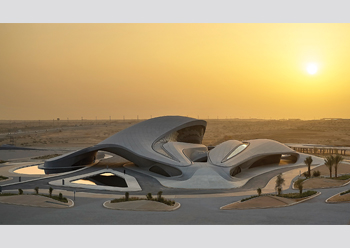
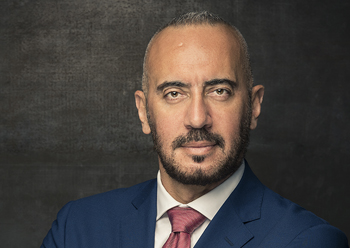 Alameddine ... eyeing sustainability.
Alameddine ... eyeing sustainability.
Sustainable energy and construction are no longer the future, they are the present. More than 85 per cent of participants in a recent poll by McKinsey Sustainability said that their organisations were committed to making sustainability a core value in the company culture and business model. Over 75 per cent claimed that value-creation opportunities and customer demand were the factors driving this shift.
According to Mordor Intelligence, a survey involving property analysts forecasted that the Dubai residential property market will move on an upward trajectory for the next two years, at least, with a modest rise in prices. But with this increase come new challenges – today’s home renters/buyers are on the lookout to shrink their personal footprint as well as prefer staying in a home that provides the opportunity to be eco-conscious.
The World Economic Forum found that the global construction industry accounts for nearly 38 per cent of greenhouse gas emissions while buildings account for more than 30 per cent of global energy consumption. In the UAE, energy use is the largest building operating expense, at approximately one-third of normal operating budgets and is responsible for almost 20 per cent of the nation’s annual greenhouse gas emissions. The country, however, has made several strides to manage this. The UAE has ranked 14th globally for the number of sustainable buildings in a survey of 373 corporate real estate professionals conducted by Knight Frank. It was also the only country from the GCC to feature in the Top 30, with 869 green-rated buildings.
The use of renewable energy and environmentally-sustainable materials is a top priority to manifest an economic, social and environmental impact.
Let’s have a look at what some of the current shifts in the field are:
Creating Smart Cities
These urban communities use cleantech through the internet of things (IoT) and efficiency-enhancing devices to reduce pollution. As global climate agreements such as the Paris Agreement, which has been signed by 195 countries, remain at the forefront of sustainability, the demand for these cities will only rise. The UAE is no stranger to the concept of smart cities, with Masdar City in Abu Dhabi established back in 2006. The capital has a five-year plan for Smart Cities and Artificial Intelligence named Zayed Smart City Project.
Smart city infrastructure can include using motion sensor technology to reduce waste, electric and driverless cars to eliminate traffic jams and reduce emissions, solar panels, large green open spaces and other clean technology.
Become energy efficient
With the demand for a smaller carbon footprint and lower utility bills booming, environmental engineers are continuously developing various efficiency-enhancing innovations that can decrease building emissions.
The UAE Energy Strategy 2050 sets out to increase energy efficiency by 40 per cent and achieve net-zero emissions by 2050.
Smart buildings
The purpose of technology is to make a person’s life easier and when combined with sustainability, this tech should benefit the environment. Technavio’s report forecasts that the global smart buildings market will rise 13 per cent in annual value, hitting $19.17 billion by 2024. Smart buildings have built-in technology such as smart cooling and lighting systems, light-reflective walls, smart elevators, app-driven maintenance and more, to effectively reduce the building’s energy consumption and emissions.
To be a certified ‘green building’, the structure has to meet certain strict building codes, which the UAE has laid out for building design and construction. Those that comply receive a Green Certificate – a stamp of approval for sustainability. One such building that has this stamp of approval is Lootah Real Estate Development’s Loci Residences, which caters to today’s customer preferences with a modernistic and dynamic living facility.
Next-gen homebuyers
For the upcoming home-buying generations, sustainable lifestyle and technology are an integral part of life. Research by FinanceOnline found that millennials are currently the biggest real estate buyers worldwide and this will rise further this year to around 55 per cent of global real estate market sales. If the majority demographic has certain preferences, it becomes the responsibility of industry players to supply the best. Features such as energy-efficient appliances and HVAC, energy-efficient lighting, solar panels, AI-incorporated tech and large green spaces are some of the characteristics demanded.
The Mena region's construction and real estate industry has formed a foundation on which the economy and the countries’ people have prospered. Now, industry players need to offer sustainable options to remain competitive. Rising to the occasion will not only bring success but will also place the first movers at an advantage of being positioned as industry leaders marching towards the sustainable era.



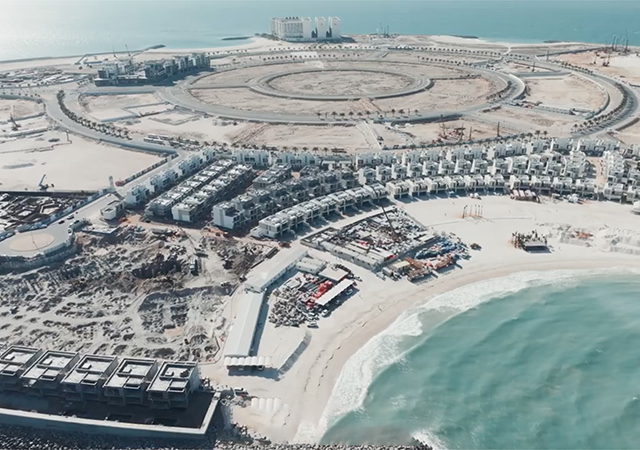

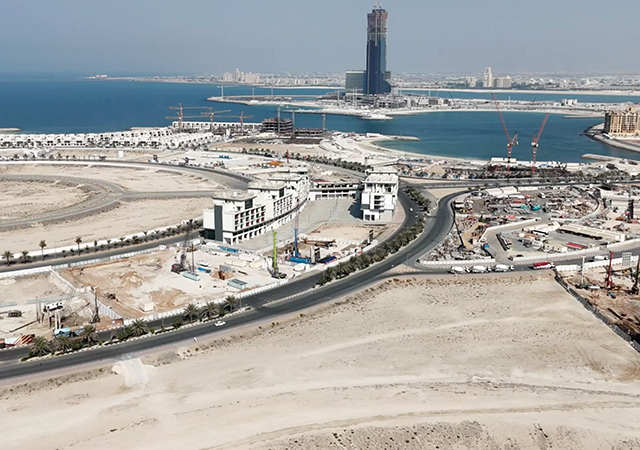
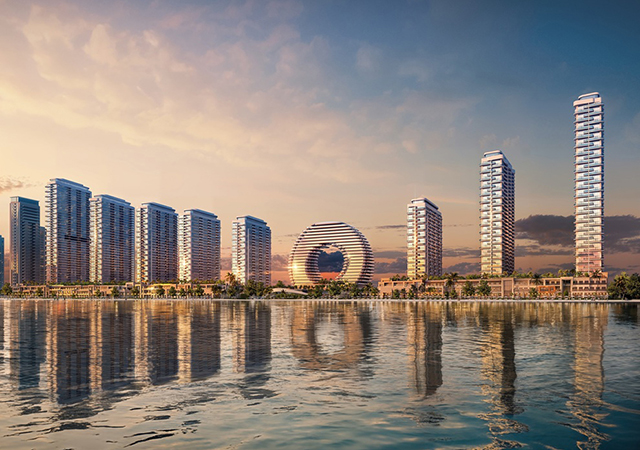
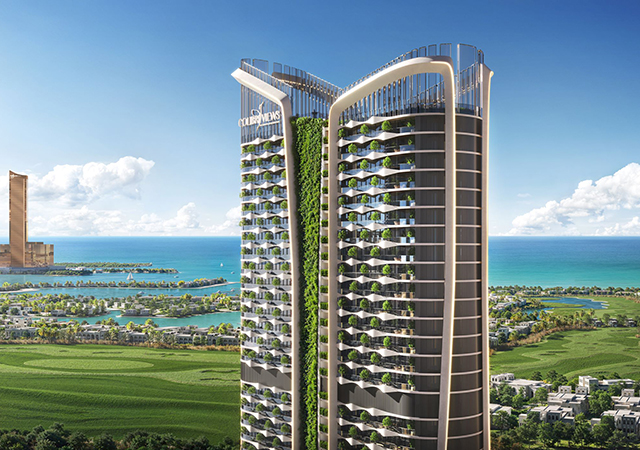
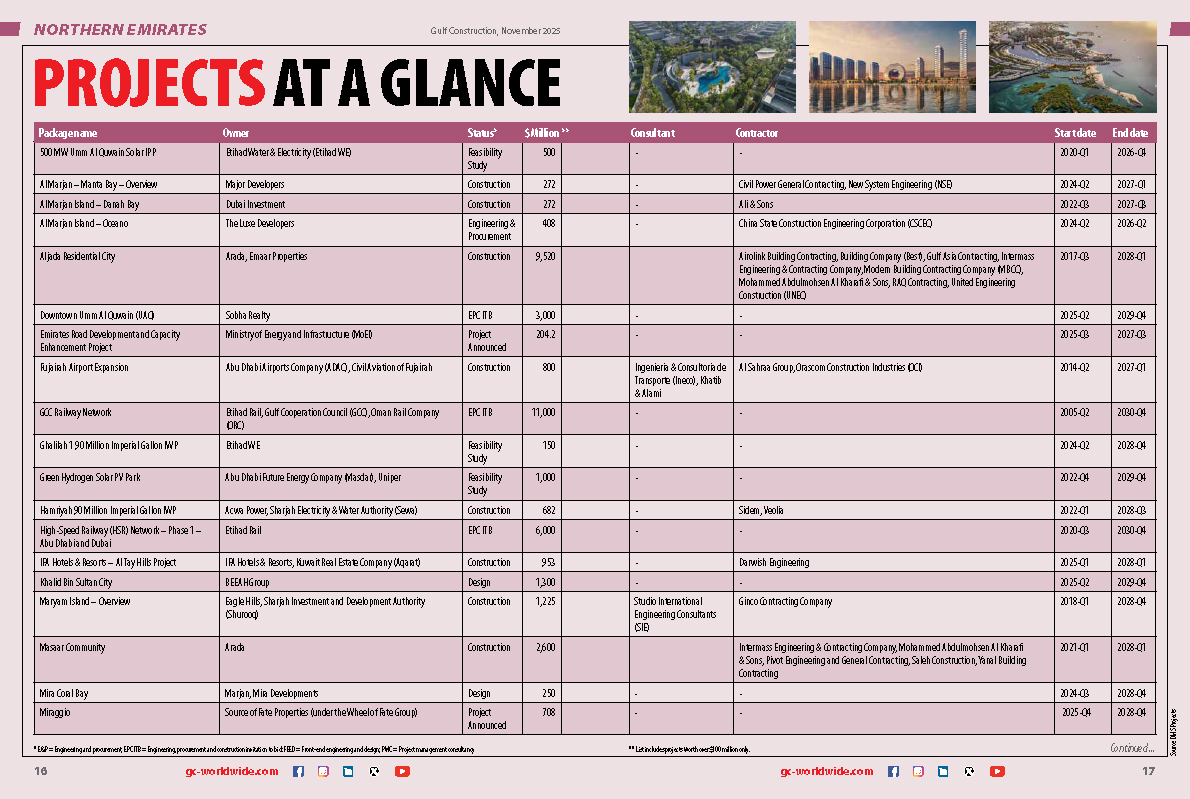
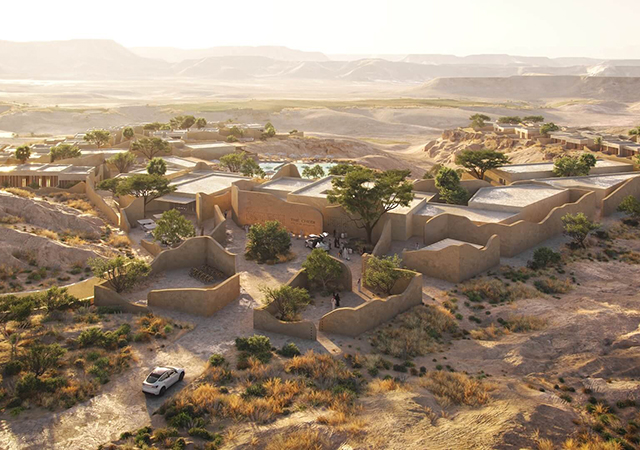
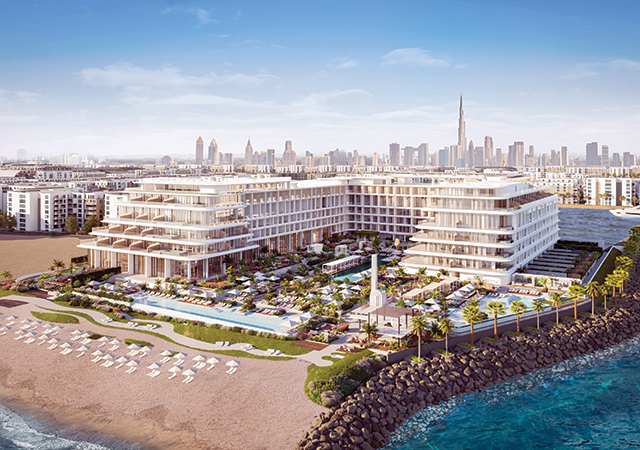
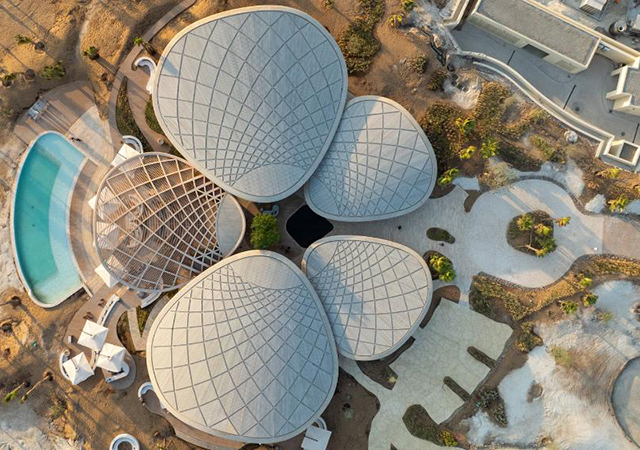

(5).jpg)
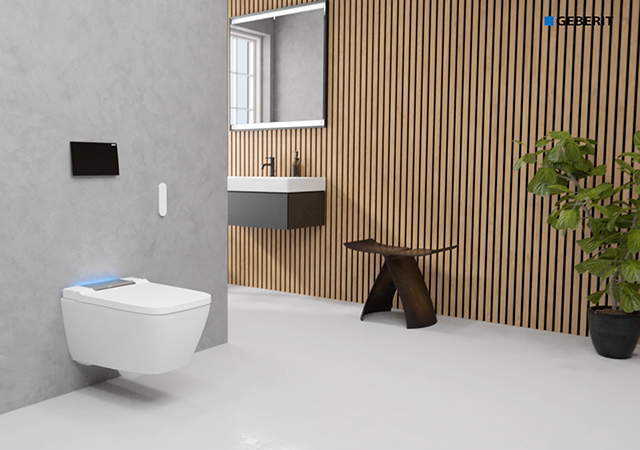
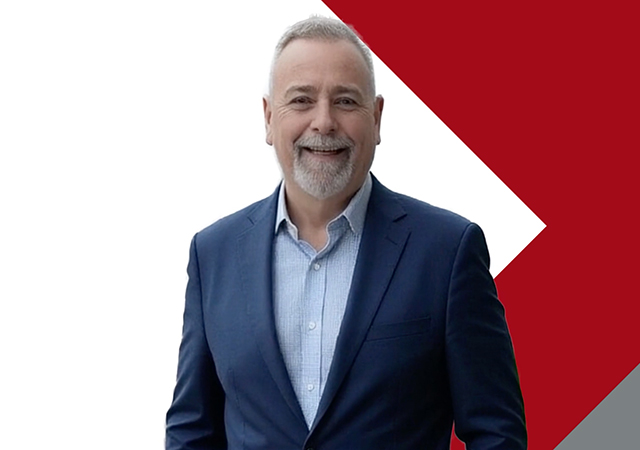

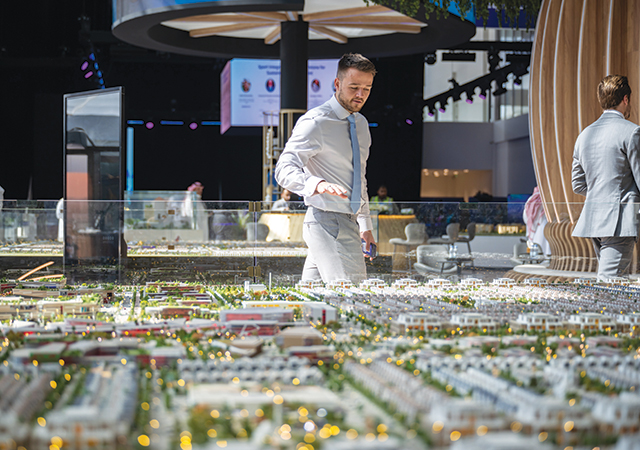
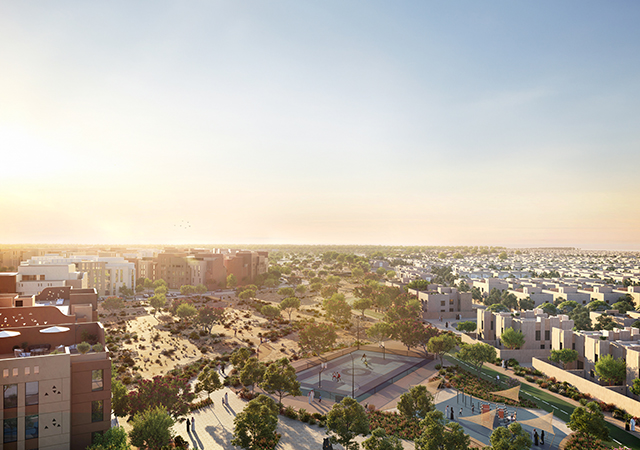
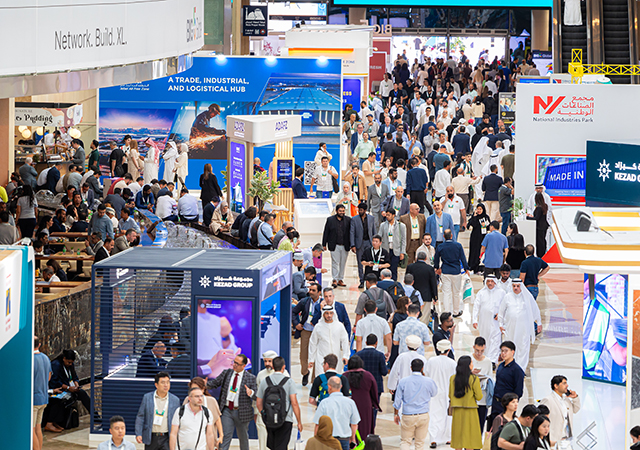
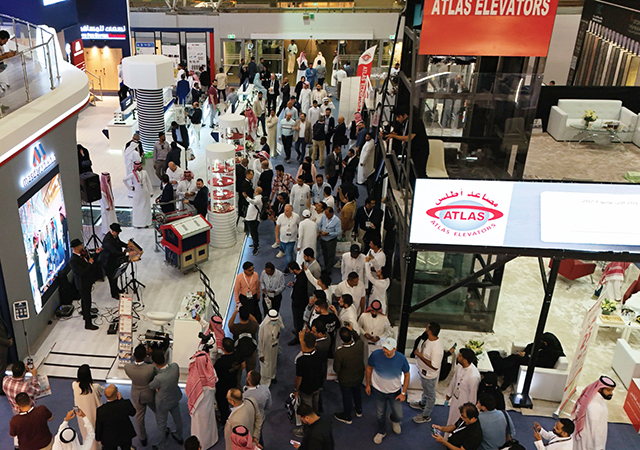
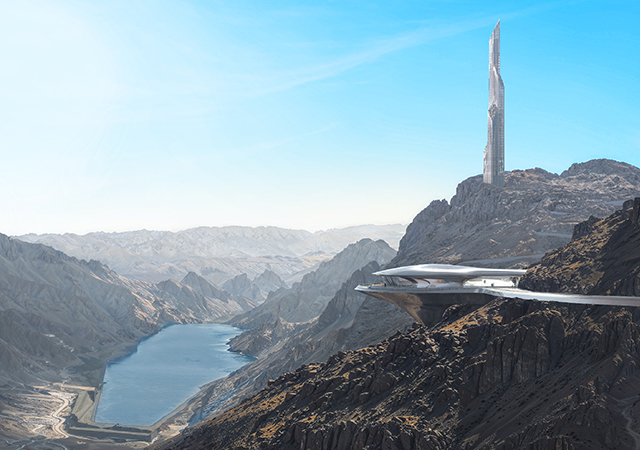
.jpg)
